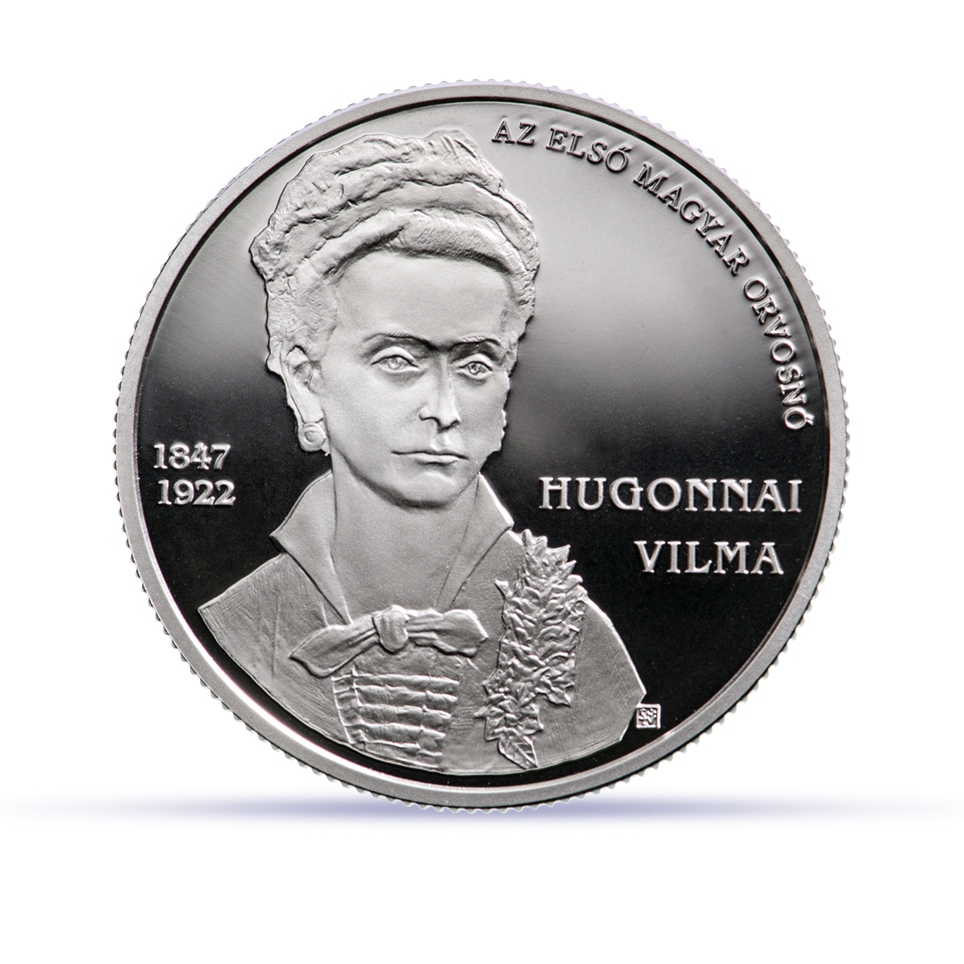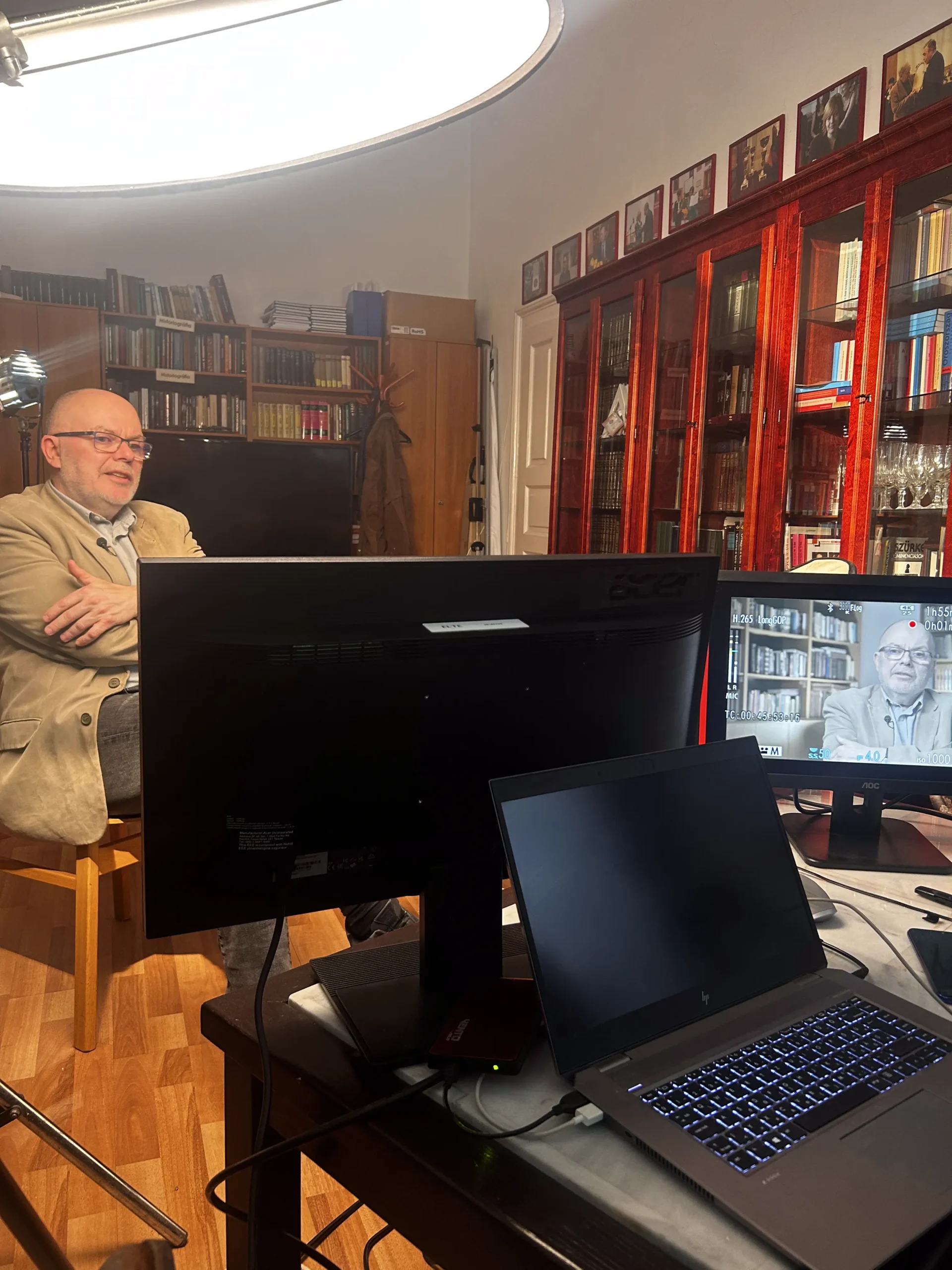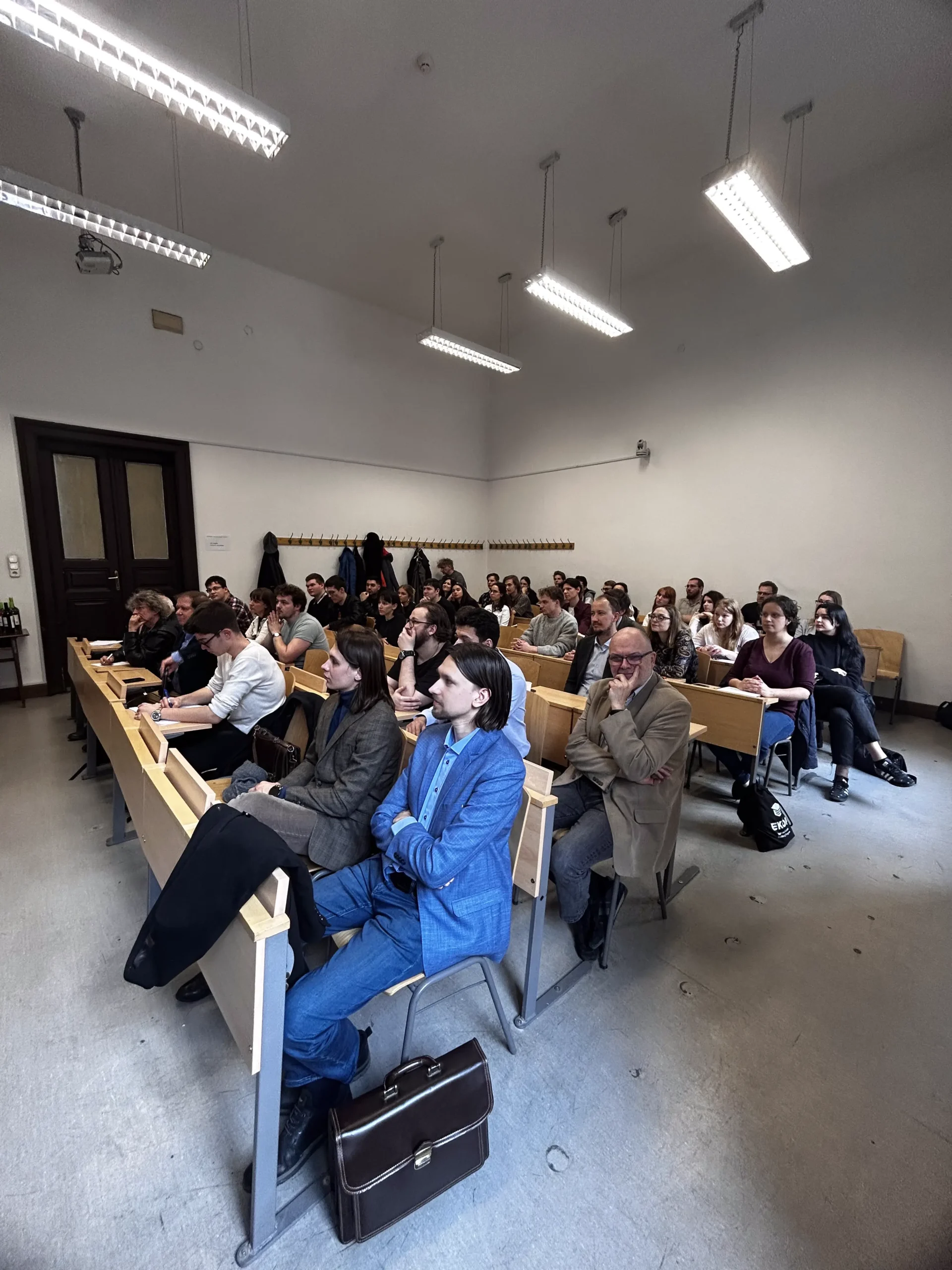Vilma Hugonnai – The First Female Doctor in Hungary – Budapest
Fact of the Hungarian figure „Terezia Brunszvik and the First Hungarian Kindergarten”
Part of the „The emancipation of women” topic
Vilma Hugonnai was Hungary’s first female doctor, and her journey to gaining recognition as a medical professional was marked by perseverance and dedication. From a young age, Hugonnai showed a strong interest in medical science, reading extensively on the subject. Her breakthrough came when she learned that the University of Zurich accepted women into its medical program. She enrolled in medical school there and received her degree in 1879. However, upon returning to Hungary, her medical qualifications were not recognized, as the law did not allow women to practice medicine.
Undeterred, Hugonnai took midwifery exams and worked as a midwife while continuing to fight for the recognition of her medical degree. Her personal life also played a role in her journey—after divorcing her first husband, she remarried Vince Wartha, a chemist who supported her ambitions. With his encouragement and her unwavering determination, Hugonnai continued her advocacy for women’s rights in the medical profession. After nearly two decades of persistence, her medical degree was officially recognized in 1897, making her Hungary’s first female doctor.
Beyond her medical career, Hugonnai was a passionate advocate for women’s education and equality. She published numerous articles promoting health education and argued for women’s access to higher education, believing that women had the right to pursue any profession. Hugonnai’s efforts reflected a broader movement for women’s emancipation across Central Europe. In countries like Poland and the Czech lands, women were also fighting for educational and professional opportunities, with pioneers like Maria Skłodowska-Curie and Františka Plamínková leading similar efforts.
Hugonnai’s legacy is not only as a trailblazer in the field of medicine but also as a key figure in the broader fight for women’s rights in Hungary. Her advocacy for health education and gender equality in professional fields helped pave the way for future generations of women to achieve success in areas previously dominated by men. Her story continues to inspire women in Hungary and beyond, as a symbol of perseverance and the importance of fighting for equal opportunities.





